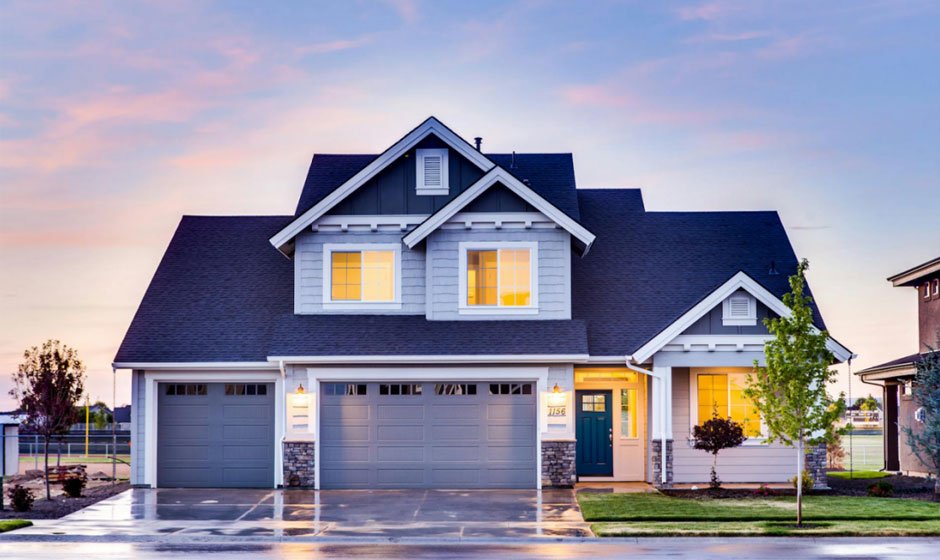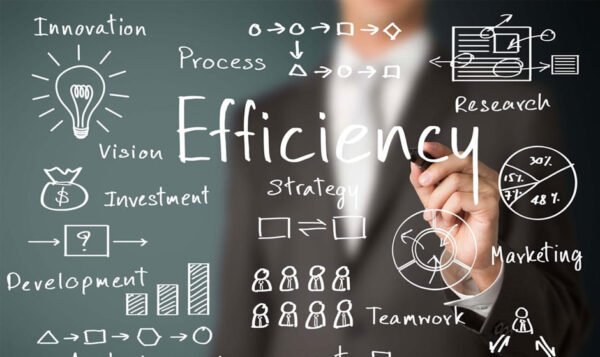Ten Essential Upgrades for a More Robust Home

Our homes are sanctuaries, places where we find comfort and security. However, ensuring that our homes can withstand the natural elements—be it heavy rainfall, intense snowstorms, or scorching heat—is crucial for maintaining this sense of safety. Upgrading your home with robust features not only protects your investment but also enhances your living experience.
In this article, we explore ten essential upgrades that fortify your home against the elements, ensuring durability and peace of mind.
Weatherproof Windows
When the elements rage, the quality of your windows can make a vast difference in how your home withstands the pressure. High-quality, weatherproof windows not only keep out moisture and wind but also contribute significantly to maintaining indoor temperatures and energy efficiency. Opting for double- or triple-paned glass can provide an additional layer of insulation, trapping air or gas between the panes and acting as a barrier against temperature fluctuations. These windows also feature improved seals that prevent drafts and water ingress, ensuring that your energy bills remain low and your living spaces are comfortable. When selecting windows, consider their durability and the warranty offered—indications of how well they will perform in your specific climate.
Roof Replacement
The integrity of your roof is crucial to the overall safety and durability of your home. A roof in poor condition can lead to leaks, energy loss, and even structural damage over time. Replacing an old or damaged roof with high-quality materials like metal or composite shingles can greatly enhance your home’s ability to resist environmental stresses. Metal roofs, for example, are not only durable but also fire-resistant and capable of handling extreme weather conditions. Hiring professional roofers like Dr. Roof Inc is essential, as they have the expertise to ensure that the installation is done correctly and safely. Professional installation also often comes with added benefits like warranties and maintenance advice, which can save money and headaches in the long run.
Insulated Siding
Upgrading to insulated siding is another effective way to fortify your home against the elements while boosting its energy efficiency. This type of siding features built-in insulation that helps regulate indoor temperatures by keeping heat out during the summer and in during the winter. Additionally, insulated siding is robust against physical impacts and can help dampen outside noise—resulting in a quieter and more comfortable home environment. Available in various styles and colors, insulated siding also enhances your home’s aesthetic appeal and can increase its market value.
Foundation Waterproofing
Water damage to a foundation can be catastrophic, leading to costly repairs and severe structural issues down the line. Waterproofing your foundation involves several techniques, such as applying sealants to block moisture penetration and installing proper drainage systems that divert water away from the foundation. These preventive measures are particularly important in areas prone to heavy rains or in homes with basements. Effective waterproofing can save homeowners from the immense trouble and expense of addressing mold, mildew, and foundation erosion.
Efficient Heating and Cooling Systems
Modern, efficient heating and cooling systems are pivotal for maintaining comfort in your home throughout the year. Older systems often operate inefficiently, racking up high energy bills and failing to keep the home at a consistent temperature. New HVAC systems are designed to use less energy while providing better climate control. They can adjust the humidity and temperature more evenly and are often quieter than older models. Furthermore, many new systems are compatible with smart home technologies, allowing for remote management of your home’s climate, which adds convenience and further energy savings.
Enhanced Gutters and Downspouts
Efficient water management is essential for protecting the structural integrity of your home, especially during heavy rainfalls. Enhanced gutters and downspouts play a pivotal role in this by effectively channeling water away from your home’s foundation and landscaping. Consider upgrading to wider or additional downspouts to handle increased water flow during storms. Gutter guards can also be installed to prevent clogging from leaves and debris, ensuring smooth water flow throughout the year. This upgrade not only prevents water damage but also reduces the maintenance burden, making it a practical and valuable improvement for any homeowner.
Fire-resistant Materials
In regions prone to wildfires, using fire-resistant materials for your home’s construction can be a life-saving decision. Materials such as slate or metal roofing, fiber cement siding, and composite decking can significantly reduce the risk of fire spreading. These materials are designed to withstand high temperatures and resist ignition, providing crucial extra minutes for fire services to respond if needed. Additionally, incorporating fire-resistant materials may lower insurance premiums, making this upgrade a wise financial decision as well as a safety-oriented one.
Energy-efficient Appliances
Replacing outdated appliances with energy-efficient ones is a straightforward way to enhance your home’s functionality and reduce operating costs. Appliances such as refrigerators, washers, and dryers account for a substantial portion of household energy consumption. By choosing products with the Energy Star label, you ensure these devices consume less electricity and water, which conserves resources and leads to savings on utility bills. Moreover, energy-efficient appliances often offer superior performance and longevity, adding further value to this upgrade.
Smart Home Technology
Wisely using smart home technology can help enhance both the security and efficiency of your home. Systems such as smart thermostats adjust heating and cooling dynamically based on real-time weather conditions and user habits, optimizing energy use while maintaining comfort. Smart security cameras and alarm systems that can be operated from anywhere provide enhanced safety measures giving homeowners peace of mind whether they are at home or away. Additionally, smart lighting systems not only reduce energy consumption but also add convenience and ambiance, creating a more personalized living environment.
Reinforced Doors and Lock Systems
Upgrading to reinforced doors and sophisticated lock systems is crucial for boosting home security. High-strength doors made of materials like steel or solid hardwood and equipped with deadbolts or smart locks deter intruders and resist forced entry. These doors also often come with better insulation properties, contributing to energy efficiency by preventing air leaks. Enhancing your home’s entry points in this way is a visible deterrent to potential burglars and an effective way to ensure the safety of both residents and valuables.
Conclusion
Implementing these upgrades can transform a standard home into a fortress of sustainability, safety, and efficiency. As you plan these enhancements, consider the specific needs and vulnerabilities of your home to prioritize investments that will offer the greatest benefits. Upgrading your home in these ways not only increases its market value but also significantly improves your quality of life through increased security, reduced maintenance, and better overall efficiency.



